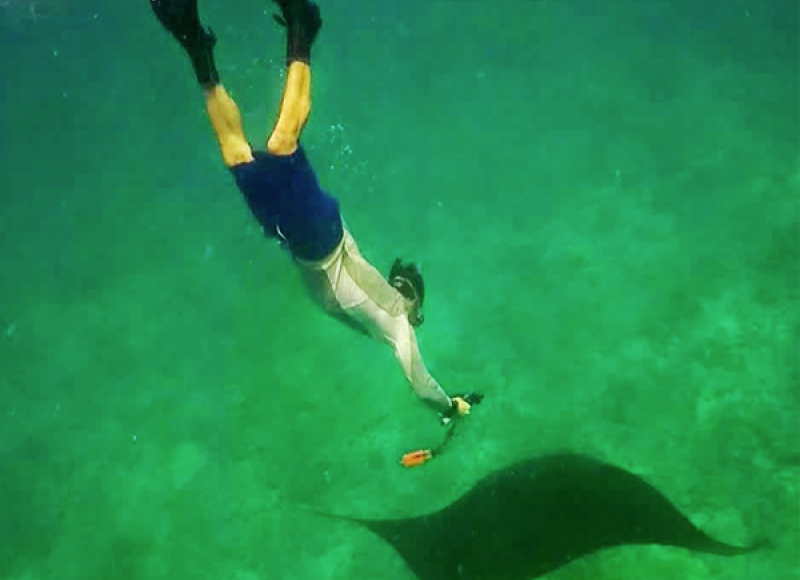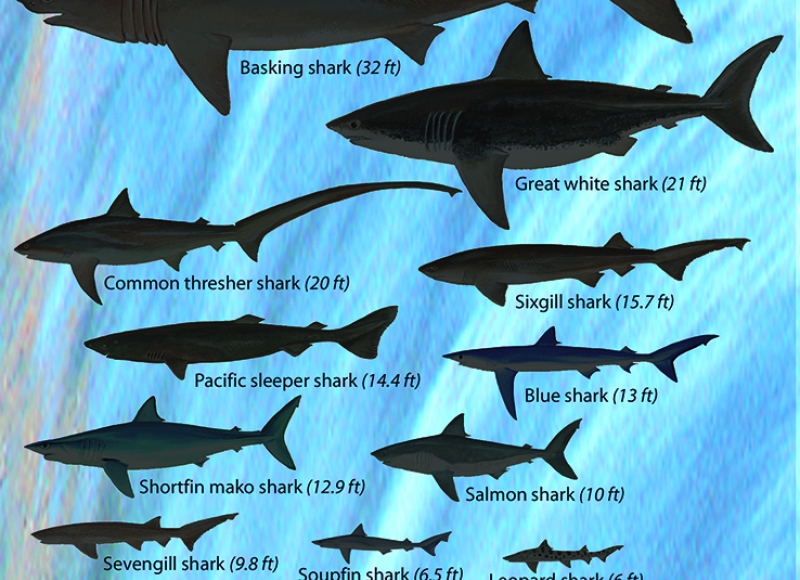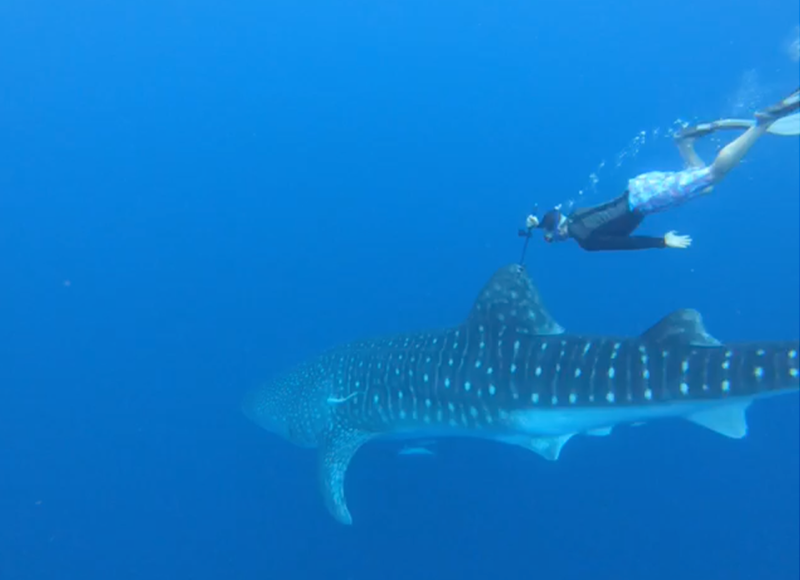Welcome to the Chapple Big Fish Lab
In the Chapple Big Fish Lab, we study sharks and other large marine predators around the world focusing on their movements, behaviors and population dynamics. From South Africa to Australia to California, using state-of-the-art technology and techniques, we sample and electronically tag animals to gain insights into their lives when we aren’t there to observe them. In Oregon, we leverage partnerships with industry, management, science and local communities to study the sharks off our coasts to better understand the roles these animals play in our marine ecosystems and economies. Relatively little is known about how sharks affect our coastal ecosystems and communities in the Pacific Northwest, but here in the Chapple Big Fish Lab, we are changing that.
Did you know?
The Pacific Northwest is home to at least 15 species of sharks?! They range in size from the Brown Catshark (~2.2 ft or 65cm) to the Basking shark (>30 ft or 10m), with lots of sharks in between. To learn more about the sharks of the PNW visit our Sharks of Oregon page and explore the different species off our coast.
Shark Sighting in Oregon or Washington?
Tell us all about it on our Shark Sighting page to help us better understand when and where sharks are along the PNW coasts.
Chapple Big Fish Lab DEI Statement
In the Chapple Big Fish Lab we acknowledge there are systemic barriers and inequality in STEM fields- especially in shark science- and are committed to increasing representation of historically underrepresented groups in science. We are committed to inclusivity and strive to make access to research, opportunity and experience more equitable. We value diverse thought, experience, preferences and skills and feel we are stronger and more powerful as an inclusive community. We also acknowledge that we still do not fully understand the impact of historic and systematic inequality and as a lab we continue to actively evolve and work to fully represent the diversity of the broader global community.
As a largely field-based lab, we appreciate that field work can be intimidating and unwelcoming and we strive to create safe and accessible work space for all. We also participate in the FieldSafe program at OSU, to ensure that field work is safe to people of all identities.
Our Specific Actions
- We acknowledge the diverse cultural context of our work and integrate various types of knowledge and value in our interpretations and presentations
- We strive to offer opportunities to recruit and mentor students from diverse backgrounds and experiences.
- We use science communication to make science and research more accessible to people of all abilities Learn more about our ORSEA and OCEANTRACKS curriculum.
Who are we?

You can also see our team of scientists and students on our People page.
What do we do?

Want to know more about the research that we do in the BFL? If so, check out our Research page or follow us on Social Media.
In the News

OSU RESEARCHERS are working to change sharks' reputation and replace by our ignorance with awe.

The Big Fish Lab's Dr. Taylor Chapple was recognized at a Beaver Football home game at Reser Stadium for the important work that he and the Big Fish Lab do. They study sharks and other large marine predators around the world focusing on their...

Oregon State University-Cascades will host a science pub talk Nov. 14 on sharks and research at the Chapple Big Fish Lab at the university's Hatfield Marine Science Center in Newport.

Oregon State University’s Science Pub event return in October to Corvallis focused on the secret lives of sharks. The talk will take place at 6 p.m. Oct. 4 at the Old World Deli. It can be attended in person or viewed online and is free.

Dr. Alexandra McInturf, a post-doctoral researcher from OSU's Big Fish Lab, shared more interesting shark facts --...
Did you know...

There are 15 shark species native to Oregon waters! These include the Basking Shark, White Shark, Common Thresher Shark, Sixgill Shark, Pacific Sleeper Shark, Blue Shark, Shortfin Mako Shark, Salmon Shark, Sevengill Shark, Soupfin Shark, Leopard Shark, Pacific Angel Shark, Spiny Dogfish Shark, Brown Smoothhound Shark, and Brown Cat Shark.
(Oregon Sea Grant)
Soupfin Sharks exhibit a triennial migration pattern returning to the same warm and sheltered coves to pup every three years
(Nosal et al., 2021)
Salmon sharks are the largest apex predator among fish in the epipelagic zone of subarctic and temperate North Pacific waters
(Goldman and Musick, 2008)
Some of our partners
- University of California, Santa Cruz
- NOAA, NWFSC
- NOAA, SWFSC
- Virginia Tech
- Ireland Basking Shark Groups
- Arizona State University



